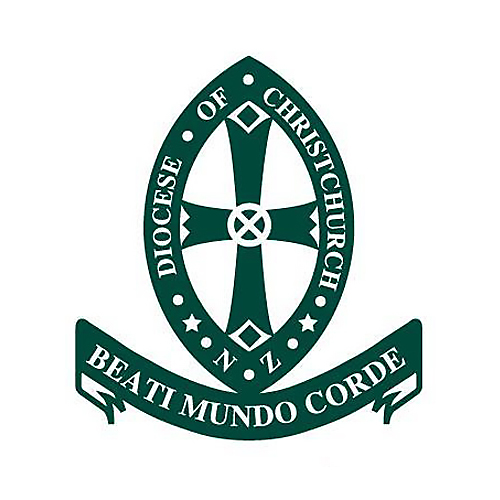
Understanding IB
It’s a busy time for girls at the moment, thinking about subject choices for next year. Lots of thinking, lots of discussion, lots of questions. For Year 11 students thinking about choosing between IB and NCEA, here are some facts about IB Science!
Recently there has been a lot of activity in the IB Science classes as the girls have been completing their science investigations. These are internal assessments and are an integral part of the IB Science courses.
They are compulsory for all science students and make up 20% of their final mark. They enable students to apply their skills and knowledge and to pursue their personal interests, without the time limitations and other constraints that are associated with written examinations.
Generally, students begin their investigation in their first year and complete it early to midway in their second year of IB. Personal engagement, exploration, analysis, evaluation and communication are all contributing factors to the final presentation.
The investigations students follow are wide and varied as they delve into areas sparked by their curiosity. With the guidance of their expert teachers, they take the opportunity to focus on an aspect linked to tertiary study or to their planned career pathway.
Some topics students have investigated have been -
Ecological studies: Visitor impact on Kiwi weight and stress, Mice numbers over a year in forests, The pecking order in chickens, Water Quality in rivers
Physics: Plane flight, Splash zones, Pouring liquids, Air resistance
Technology: biodegradable plastic, Sports protective glove, performance clothing,
Human Biology: Changes in blood sugar levels, Lactose digestion, Caffeine influence on sports performance, Antimicrobial chemicals, Probiotics, Forensic entomology,
Chemical Analysis: Alcohol changes in wine, Copper water pollution, Calcium in milk, Vitamin C changes over time
IB Science gives a student an opportunity to add an interesting and worthwhile dimension to their learning – whether she is ‘Science-y’ or not. Check it out!
Gallery


